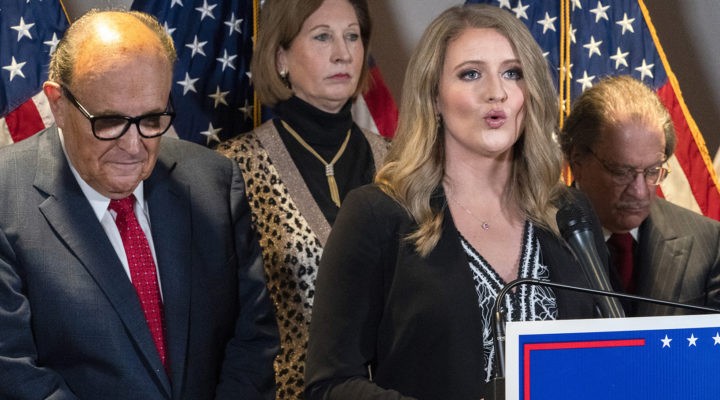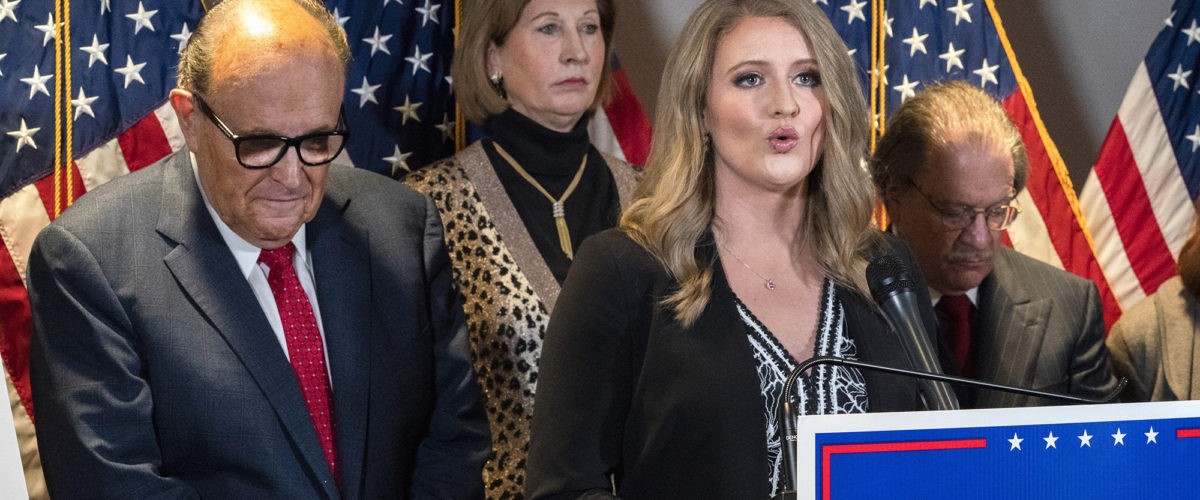The conservative Christian advocacy group that fought the state of California’s mandates on church closures during the coronavirus pandemic will be reimbursed by the state for more than $2 million in legal fees.
Separate settlements were announced between the state of California and South Bay United Pentecostal Church in Chula Vista and Father Trevor Burfitt, a Catholic priest in Bakersfield. The Thomas More Society will receive $1.6 million for legal fees in the South Bay case and $550,000 in the Burfitt case.
The settlements do not include Thomas More Society’s work on behalf of Los Angeles pastor John MacArthur and his Grace Community Church, who also challenged California’s COVID-19 restrictions in court with representation from Thomas More lawyers. A hearing is scheduled later this month about the preliminary injunction entered against the church’s intentional defiance of a court order not to meet indoors. Thomas More attorneys said, based on the other settlements, they now will seek “recovery of the significant attorneys’ fees incurred in that action as well — along with a ‘multiplier’ of their fees for vindicating fundamental constitutional rights.”
Thomas More representatives also obtained a pledge from the state, as it relates to any future pandemic restrictions, not to burden churches more strictly than retail establishments.
In the South Bay settlement, Thomas More representatives also obtained a pledge from the state, as it relates to any future pandemic restrictions, not to burden churches more strictly than retail establishments. The document prohibits the state from imposing “any capacity or numerical restrictions on religious worship services and gatherings at places of worship” under certain situations predicated on hospital admission rates or COVID infection rates — all issues that were more relevant during the height of the pandemic than in the present moment of improvement due to mass vaccination.
The settlement also decrees that any new public health precautions “on religious worship services and gatherings at places of worship” cannot be more restrictive than those placed on retail establishments.
This line of reasoning has been a key focal point for the mainly evangelical and Catholic churches nationwide that challenged state and local public health mandates about mass indoor gatherings. The offended congregations have compared themselves to grocery stores and shopping malls, while public health officials have been more likely to compare churches to theaters and performance venues where people sit closely together for long periods of time.
Defining this difference became a key point of contention when the United States Supreme Court issued its latest ruling on church pandemic restrictions in April 2021. That case, Tandon v. Newsom, involved a challenge brought by a different California church about home Bible studies.
The makeup of the court shifted in a decidedly more conservative direction during the course of the pandemic, with new justice Amy Coney Barrett tipping the scales. In that context, the court ruled more clearly on the side of churches than public health restrictions, which drew a sharp rebuke from the more liberal justices on the court.
The makeup of the court shifted in a decidedly more conservative direction during the course of the pandemic, with new justice Amy Coney Barrett tipping the scales.
In Tandon v. Newsom, Justice Elaina Kagan wrote a blistering dissent accusing her colleagues of comparing apples to watermelons. The high court previously had upheld California regulations that treated mass indoor gatherings at churches and theaters and performance venues the same but allowing a different set of regulations for more free-flowing forms such as grocery stores and retail stores where customers come and go and do not congregate in one area.
Over the course of the pandemic, the Supreme Court handled at least seven cases related to houses of worship and public health restrictions, and state and local courts handled even more challenges.
As if to drive a final nail in the Thomas More Society’s case for no-holds-barred access to religious services in a public health crisis, the settlement with South Bay concludes: “This order does not prohibit the state from issuing recommendations, best practices, precautions, or other measures, as long as such promulgations make clear to the public that they are voluntary and not enforceable.”
Other than the monetary damages awarded, which are sizable, the promise not to further restrict religious practice applies only to the current coronavirus pandemic and has no specific transfer to future events. Nevertheless, the public settlements will no doubt be used as evidence in the future that the state of California ultimately lost in its bid to restrict indoor religious worship during the pandemic.
“The South Bay case represents an unprecedented three trips to the United States Supreme Court in a one-year period, which resulted in a landmark decision that opened up the churches in California for 40 million people,” said Thomas More Society Special Counsel Charles LiMandri. “The permanent injunctions in these cases uphold and protect one of the most cherished principles of our republic: The Free Exercise of Religion.”
Related articles:
Another Friday night, another Supreme Court rapid ruling on churches and COVID
Supreme Court again overturns COVID restrictions on houses of worship
What does the Supreme Court’s midnight COVID ruling really mean for religious liberty?
As COVID cases soar, court’s retreat opens doors of churches
How John MacArthur loves the Bible but not his neighbor
John MacArthur retains Trump lawyer in fight over COVID restrictions


